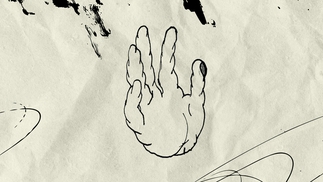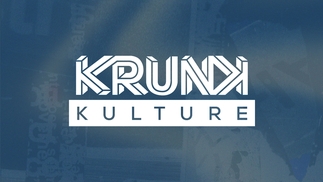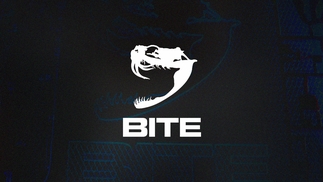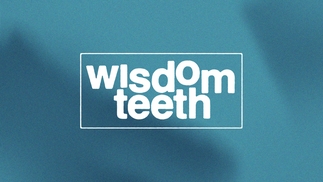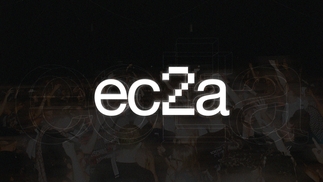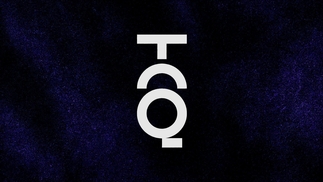The Sound Of: Get Physical Music
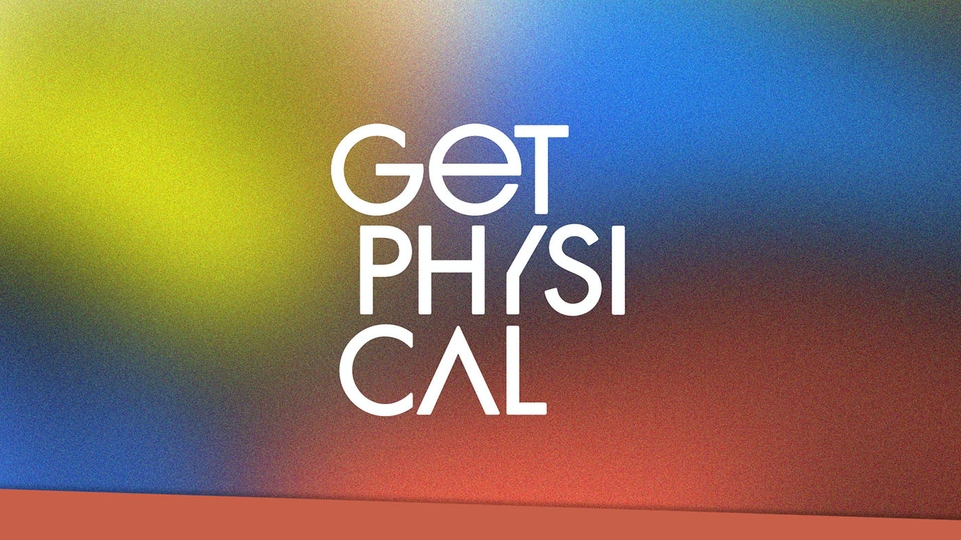
Germany’s Get Physical Music has been a crucial outlet for house music in its many forms for 20 years. Alongside a mix from its catalogue, Kristan J Caryl meets co-owner Roland Leesker to learn about how the label is foregrounding artists from South Africa, Brazil and Cuba — and why trusting your gut is the key to success
“We simply do what we like,” says Get Physical Music’s Roland Leesker. “Just follow your heart.” And there you have it. All you have to do to ensure your record label thrives for an impressive 20 years is trust your gut. But of course, that is only a tiny part of the puzzle. To stay active, solvent and — hardest of all — relevant for that long in a scene that moves as fast as dance music is hugely impressive. Sadly, there is so much more to it than good music.
In Get Physical’s case, the music has been every shade of house imaginable. The label was founded in 2002 by already long-time German friends DJ T., M.A.N.D.Y. (aka brothers Philipp David Jung and Patrick Bodmer), and Booka Shade (aka Walter Merziger and Arno Kammermeier). They had all released on several labels before then, but decided to take matters into their own hands and start their own thing, with no real long-term plan.
Initially, like with any label, the music was very much of the moment — an emerging European mix of house, electro and minimal. In 2005, DJ Mag declared it the Label of the Year, and by 2007, it had put out some of the biggest tunes of the decade, such as Samim’s ‘Heater’ and M.A.N.D.Y. vs. Booka Shade’s ‘Body Language’. It had also made the founders famous, as well as artists who defined that era, such as John Tejada and Tiefschwarz.
Early on, the label tapped into the then-still-thriving mix CD market with its own ‘Body Language’ series, which continues to this day. It proved a masterstroke, that showcased the artists on the label as well as attracting plenty of big names to step up and make their entry. The likes of Dixon, Modeselektor, Matthew Dear, Jesse Rose, Junior Boys and DJ Hell all featured in those early years.
“‘Body Language’ mixes are still the highlight of each year,” says Leesker, who initially came on board to help the label move into the digital era a decade ago, and is now Creative Director and co-owner. Each mix takes up to 18 months in preparation time, but over the years, its purpose has changed. Once, it was a classic mix compilation, but now it is a chance for the person in control to access Get Physical’s back-catalogue, and remix and edit their own new tunes. It’s the sort of subtle evolution that has helped Get Physical endure while continuing to platform artists they believe in, such as Cioz, Monkey Safari and Pezzner.
Working this way “reactivates our catalogue with a fresh approach and gives the selector a huge promotional platform,” says Leesker. “Much bigger and more solid than you could get with a single or EP, but without the mental pressure that comes with producing and releasing a full artist album.”
As the years have passed and the founders have matured, they have come to realise that, “we are not looking for any trends or hype anymore. Our focus is on individual artists. Our aim now is to give each release the best possible promotion and keep an open mind for new ways to do that.” Of course, it’s easier to operate that way having made so many relationships with artists all over the world. It means that these days, you’re as likely to get a fresh deep house cut from Alinka or Birds Of Mind as you are a remix of a Roland Clark or DJ Pierre classic. Having built a solid catalogue over the last 20 years, the label is free to take risks and try different things.
“It means we can mainly do releases that we love, but we do like to try and create some hits as well, of course.” One real focus of the most recent chapter in the Get Physical story has been looking to emerging scenes. There have been considerable efforts to put out tracks, singles and compilations from artists in India, Brazil, Croatia, Cuba and South Africa. Key to that is an A&R network that starts with Jan van Vliet, Roland and M.A.N.D.Y.’s Philipp, but extends to “contributing freelancers from almost all continents”.
Each release has a long gestation period and involves plenty of discussion with artists. “We listen to their ideas and tips and support them proactively, but we also insist on going back to the studio until we think it’s done perfectly.”

It all started when Roland was looking for ‘Pluto feat. Beatenberg’ by DJ Clock, a track from South Africa that he fell in love with. It was already signed to a major label, but during the search, Roland got to know some artists from Cape Town and Johannesburg, who then invited him to tour with them.
“It was a mind-blowing experience, especially when I was playing back-to-back with [now-core Get Physical artist] Jazzuelle in the middle of Soweto, realising that house music was everywhere in the townships. I wanted to use our means to showcase the many great new artists I met. We started a compilation series focusing on talents from there, with one important factor — that it was curated, edited and mixed by locals.” Since then, the likes of South African songwriter, producer and DJ Thandi Draai have become label regulars, and even curated the latest edition of ‘Africa Gets Physical’.
A similar thing happened when Roland was invited to Brazil, a trip that ultimately led Get Physical Music to start a local label and event series, COCADA Music, which is run by Rio de Janeiro-based partner Leo Janeiro. “We strongly support the rise and empowerment of women artists and businesswomen wherever possible, as well as talents from places such as Cuba, Brazil or Africa, where it is much more difficult to establish yourself as an artist than, say, in Europe. We also spend money from our businesses as well as private incomes every year for several local as well as international organisations.”
When asked for any musical highlights over the years, Leesker understandably says there are too many to mention. But he does take pride in the fact that the label has recently been able to make each team member a shareholder of the company. “That is something I always wanted to realise, it’s the ethos of how I want to run a modern company.”
In terms of challenges, he reckons the biggest is how to stand out in the endless flood of new releases. “How many are there at the moment, something like 60,000 new songs uploaded per day?”
He reckons a visual identity is key to cutting through, and shouts about key contributors to the label’s artwork — Mirjam Schmid from Berlin and Paula Lles from Rio de Janeiro. “I love these artists!”
The landmark anniversary has been marked with various parties, new merchandise and ‘20 x Get Physical’, a compilation selected by Leesker. It’s no mean feat to sum up a label that has put out in the region of 700 releases. “I decided to make the selection a very subjective one, representative of my taste and style as a selector and DJ. In other words, the final selection is my very personal definition of the mind, body and soul of Get Physical Music.”
As he said at the start: “We simply do what we like.” After 20 years in the business, it’s an approach that continues to serve the label well.
Tracklist:
Roland Leesker ‘Haus Musik (Terrence Parker Remix)’
Groove Armada ‘Rescue Me (Roland Leesker´s You Got To Dance Edit)’
Daniel Dubb ‘Grand Illusions’
Birds of Mind ‘No Time For Tears’
Monkey Safari ‘Universal Love’
Rockin Moroccin ‘You Got The Love’
Joplyn ‘Speak To Me’
M.A.N.D.Y. vs Booka Shade ‘Body Language (Patrice Bäumel Remix)’
Roland Leesker ‘No Way Out’
Trutopia, Greta Levska ‘Lights Off’
DJ T. ‘Dis (Kink Remix Roland Leesker´s House Music Was Born Edit)’
Rhythm Control ‘My House (Acapella)’
